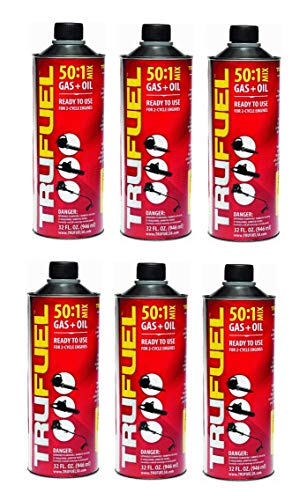Actually, your info is at least 30 years out of date. When the first ethanol-from-corn plants were built, it did indeed take more energy to produce the ethanol that would be yielded by burning it. But the technology has improved. Today's ethanol plants produce roughly 5 times as much energy as they take to produce it. They also yield a protein-rich byproduct that is better for cattle feed than straight corn. Sugar cane ethanol produces even more energy. Cellulosic ethanol produces about 13 times as much energy as it takes to produce it. Farming technology has also improved, such that today's yield is so high that the available corn after ethanol production has actually increased dramatically. Ethanol may not be an ideal fuel for some engines, but we know how to design for it now. I hope to see more ethanol production from waste products, making it both renewable and a net reduction in waste. Petroleum has higher energy density but may not last forever, and it is definitely a dirtier fuel to burn. And I am not talking about CO2. I don't really care about carbon footprint, as human greenhouse gas emissions only account for about 0.28% of total greenhouses gasses in the atmosphere. But I do care about renewable energy sources and not sending money to middle east nations who want to kill us.


















